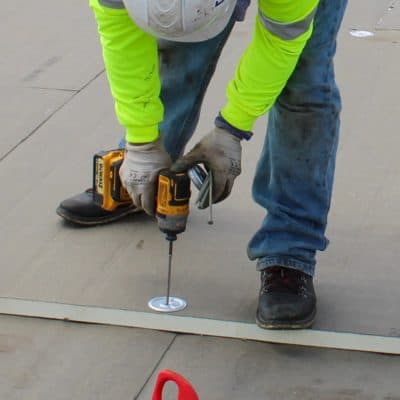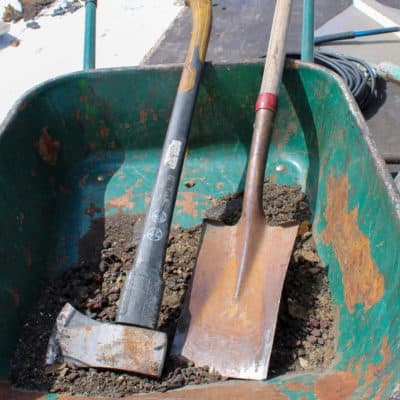Hand and power tools commercial roofing safety talk


Injuries from hand and power tools can range from simple cuts, contusions and abrasions to amputations and fractures. The most important factor in hand tool safety is choosing and using the right tool for the job at hand.
Hand tool tips to avoid such injuries include:
- Using the right tool for the job
- Do not use broken or damaged tools
- Wear gloves when cutting and cut in the direction away from the body
- Keep tools in good condition; A dull or blunt point can result in an injury
- When using a tool with a swinging action such as hatchets or axes ensure there is adequate room around the swing area so as not to strike another worker
- When swinging axes and hatchets in a downward motion ensure the user and anyone else in the area keep out of the line of fire; hands and feet should be away from the material being struck
- Use good posture with back straight and knees bending
Power tool areas to remember:
- Choose ergonomic friendly tools to reduce strain such as extended bit drills
- Follow manufacturers recommendations for the tool being used
- Only use properly grounded, non-double insulated tools
- Never remove protective guards
- Ensure all cutting edges or blades remain sharp
- Ensure all cords are managed and not twisted or creating a trip hazard, when possible use cordless tools to eliminate these issues
- All power tools should remain in good working condition with regular maintenance and inspection
- Never carry a tool by the cord or hose; never yank the cord to disconnect it
- Avoid accidental start-up by keeping fingers off the switch button while carrying a plugged-in tool
- Wear appropriate clothing for the job; no loose shirts or items to avoid entanglement
- Remove all damaged tools from service and tag them “Do not use.”
